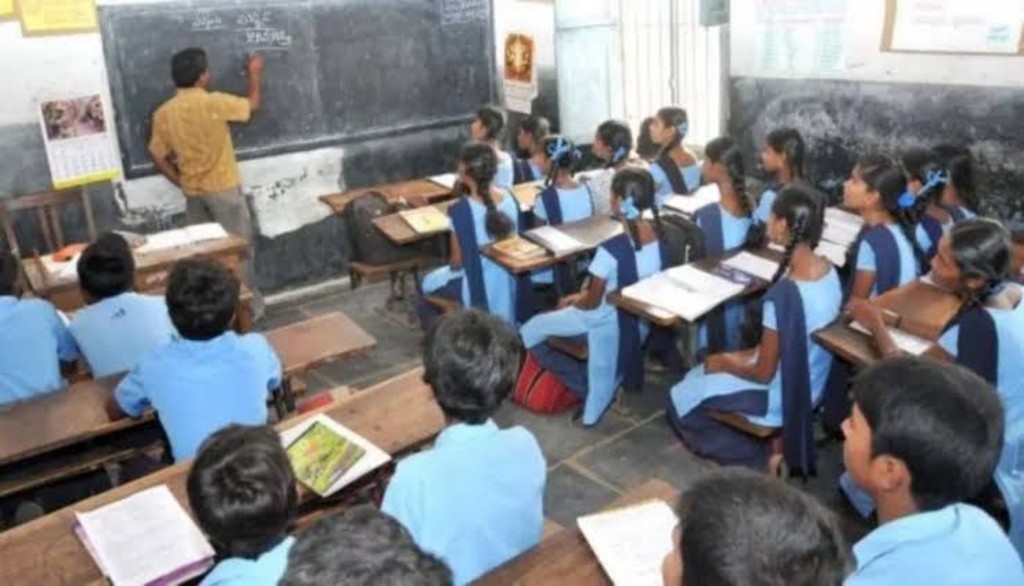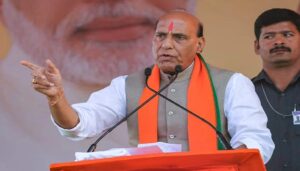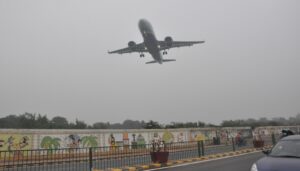No Aadhaar, No Problem? Major Shift in School Admissions Policy Unveiled

Patna : Children in Bihar will now be admitted to government schools without requiring an Aadhaar card, a significant policy shift that aims to make early education more accessible across the state. The move is expected to benefit approximately 2.7 lakh children entering Class 1, many of whom were previously unable to enrol due to documentation challenges.
Previously, the state’s Education Department had mandated Aadhaar as a prerequisite for admission, a decision that led to a noticeable dip in enrolment—particularly in rural areas where children often lack birth certificates required to obtain an Aadhaar card. Officials now say that a parent’s Aadhaar card will suffice at the time of admission, and school principals will support families in securing birth certificates and Aadhaar for children post-enrolment.
Students will also continue to receive government benefits—such as scholarships, uniforms, midday meals, and textbooks—regardless of their Aadhaar status. “No child will be deprived of educational entitlements due to lack of documents,” said Education Minister Sunil Kumar, who added that district education officers have been instructed to ensure 100% enrolment of six-year-old children under a fortnight-long admission drive.
In a further boost for inclusivity, the government has relaxed the previous requirement of 75% attendance for eligibility for schemes like bicycle distribution and financial assistance. This change is expected to impact more than 10 lakh students across the state.
Longer academic year, structured school days
The State Council of Educational Research and Training (SCERT) has also issued revised academic guidelines. Schools will now operate for 220 days annually, with 180 days dedicated to instruction, 20 for assessments, and 20 for administrative and school-related activities.
Classroom hours will run from 9:30am to 1:30pm in primary schools, with extended hours for upper levels. The timetable also includes dedicated slots for songs, oral language development, reading, writing, crafts, physical activities, and co-curricular engagement. A snack break and a longer midday meal period have been built into the schedule to support children’s nutritional needs.
The revamped academic structure aligns with the Bihar Curriculum Framework (BCF) 2025, developed along the lines of the National Curriculum Framework (NCF) by the NCERT.
The state has also introduced provisions for children to commute to school by auto-rickshaws, offering relief to over 70,000 drivers across districts. Safety conditions will apply, including restrictions on vehicle capacity and the requirement for autos to have one gate closed during school commutes.





